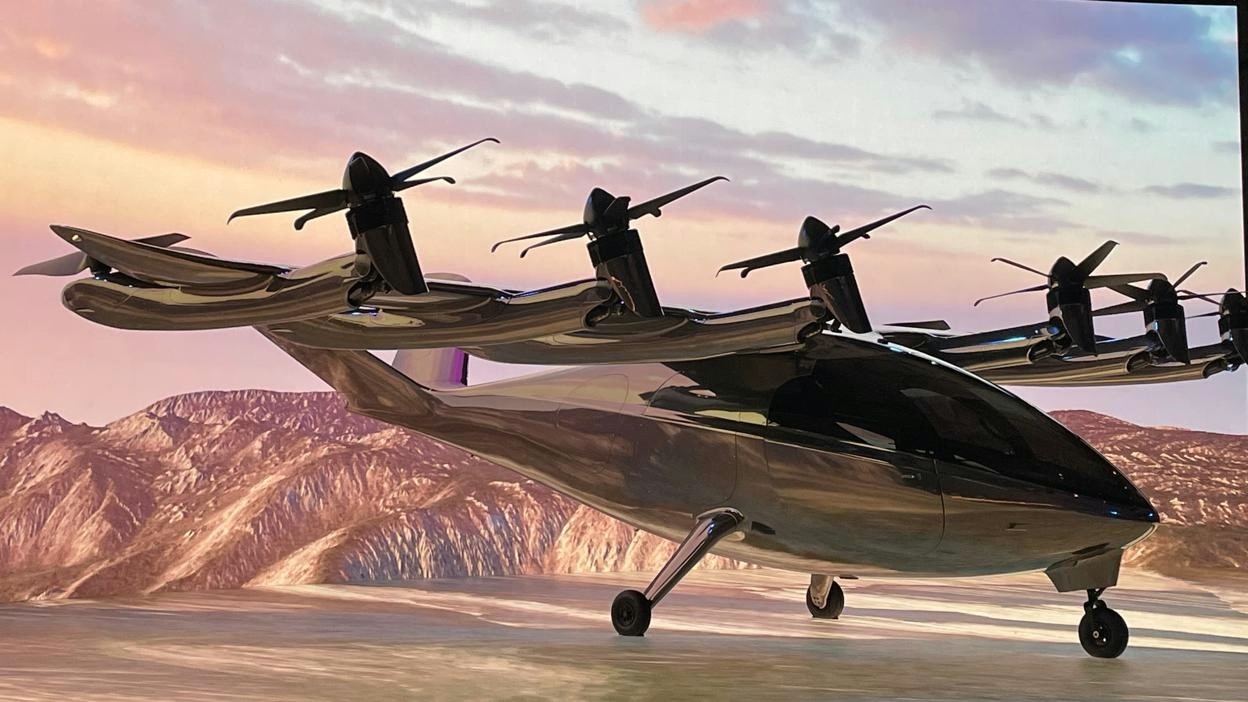
AeroGenie: il tuo copilota intelligente.
Tendenze
Categories
Kuehne+Nagel to Acquire Eastway Global Forwarding
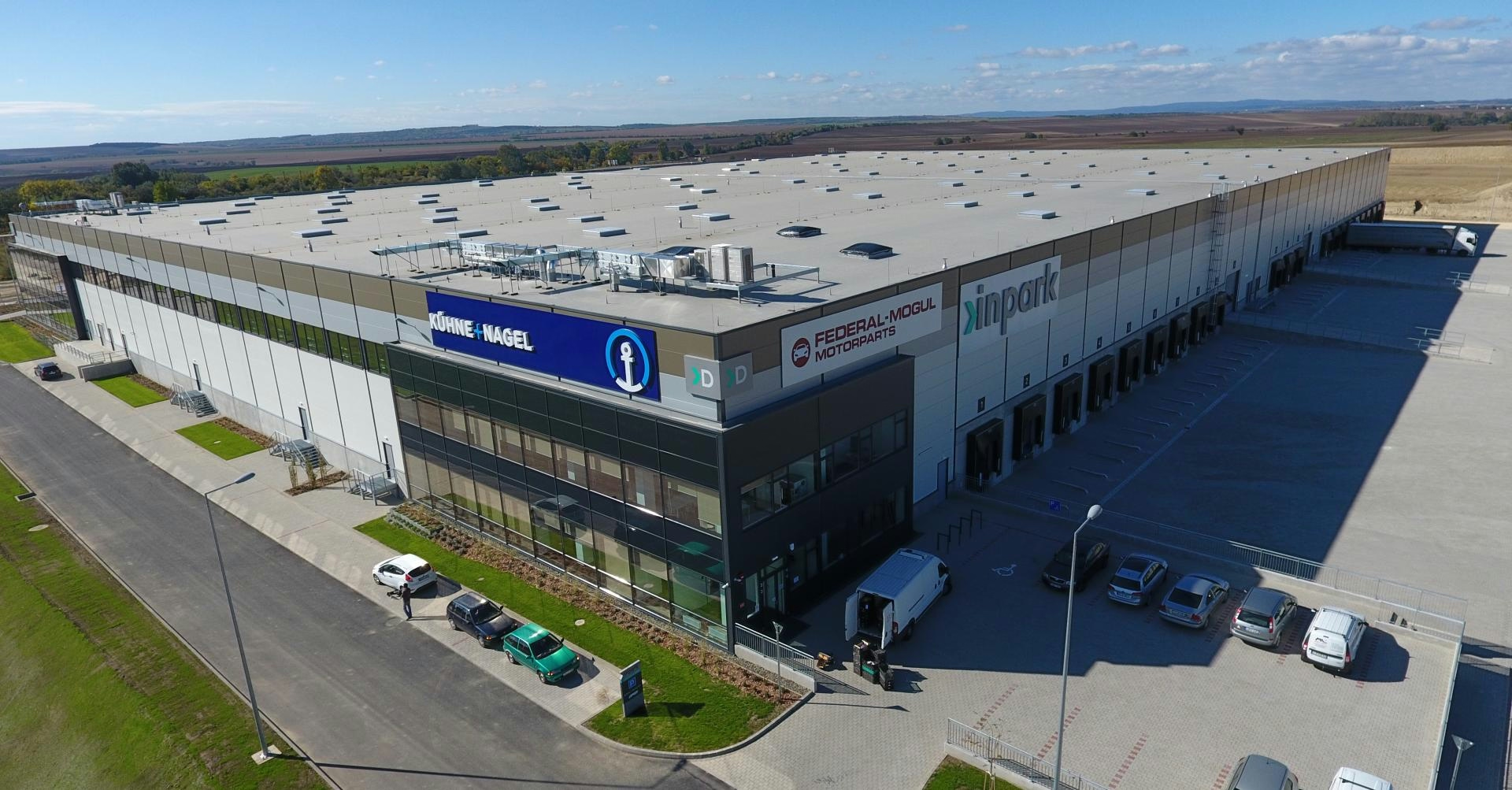
Kuehne+Nagel to Acquire Eastway Global Forwarding
Kuehne+Nagel has announced its intention to acquire Eastway Global Forwarding Ltd., a leading specialist in aerospace logistics. This strategic move aims to expand Kuehne+Nagel’s global network and reinforce its position within the rapidly evolving aerospace sector. Eastway, headquartered in Limerick, Ireland, operates across 130 countries and is renowned for its expertise in time-critical aircraft-on-ground (AOG) services, aircraft engine transport, aviation warehousing, and customs clearance. Additionally, the company offers comprehensive lifecycle solutions to the aviation leasing industry, a sector that currently owns over half of the world’s aircraft fleet and is projected to grow from USD 187.1 billion in 2024 to USD 565.1 billion by 2034, at an annual growth rate of 11.8%.
Strategic Implications and Industry Impact
The acquisition is expected to significantly enhance Kuehne+Nagel’s aerospace logistics capabilities and accelerate its expansion plans. Yngve Ruud, Member of the Management Board for Air Logistics, emphasized the strategic fit, stating that Eastway brings proven expertise and a loyal customer base, thereby strengthening Kuehne+Nagel’s aerospace logistics offering on a global scale. The integration of Eastway’s operations, however, may present challenges, including the alignment of corporate cultures and the harmonization of processes across both organizations.
Industry analysts anticipate that the deal will attract attention from competitors such as DHL Global Forwarding, which may respond by enhancing their service offerings or adjusting pricing strategies to protect market share. Observers are closely monitoring how the acquisition will influence Kuehne+Nagel’s competitive positioning within the aerospace logistics sector.
Regulatory Review and Future Outlook
The transaction remains subject to regulatory approval and customary closing conditions, with both companies targeting completion by the end of 2025. Regulatory authorities are expected to conduct thorough reviews to ensure compliance with antitrust regulations, given the potential implications for market dynamics.
Once finalized, Eastway will operate as a wholly owned subsidiary of Kuehne+Nagel. The combined expertise and resources of the two companies are anticipated to deliver faster and more reliable logistics solutions to the aviation industry. This acquisition represents a significant milestone in Kuehne+Nagel’s ongoing strategy to develop specialized logistics capabilities and consolidate its leadership in a market poised for sustained long-term growth.

AI’s Growing Energy Use Challenges Airlines’ Net-Zero Targets

China Southern Airlines Highlights AI Innovations at Guangzhou Conference
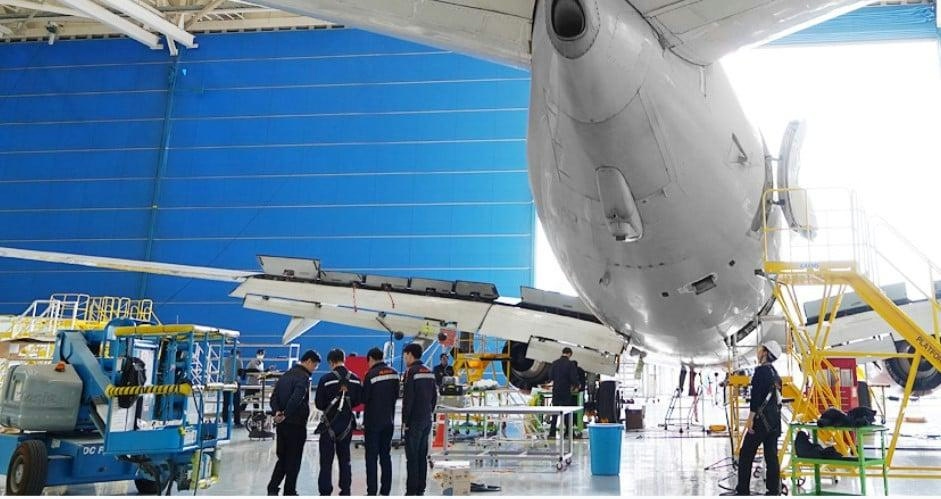
KAEMS Expands MRO Services with Tadpole Partnership
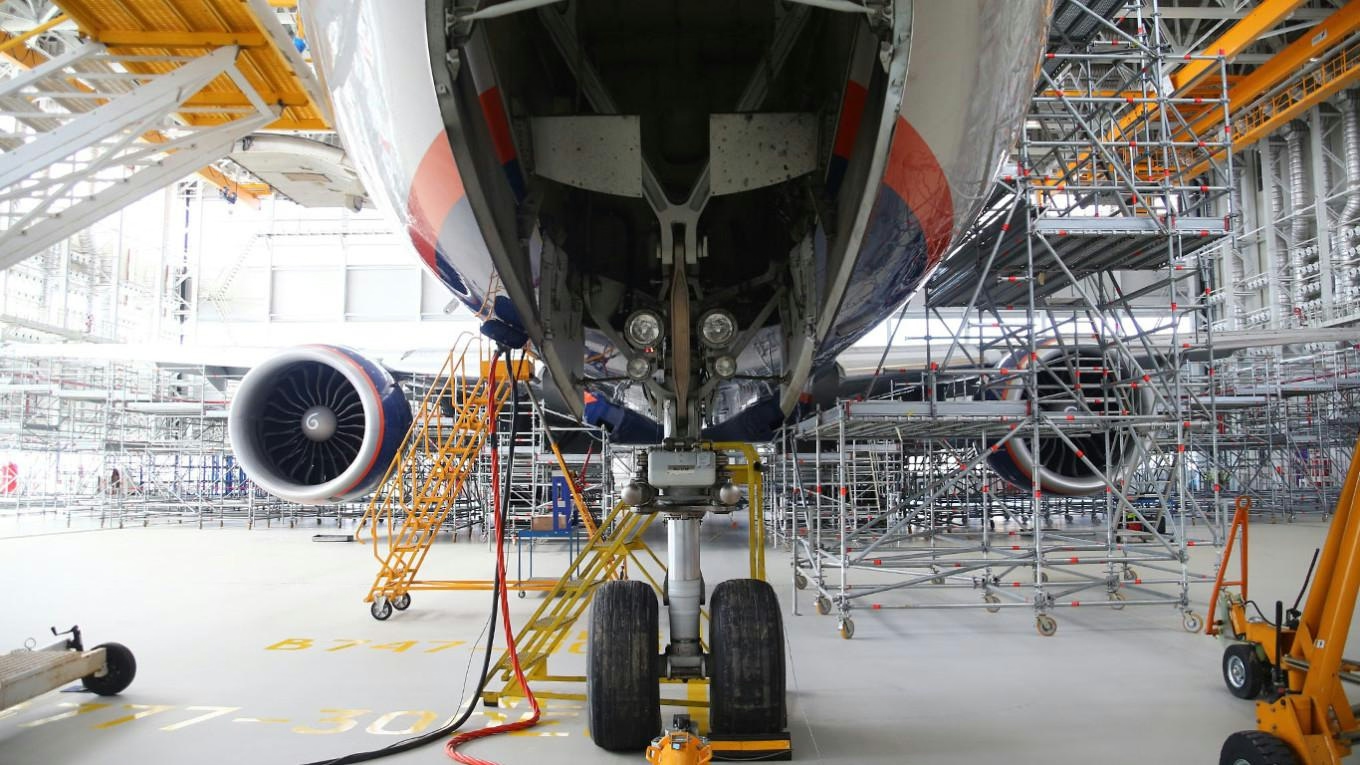
Russian Airlines Report Nine Engine Failures in One Week

AI's Role in the Holiday Season
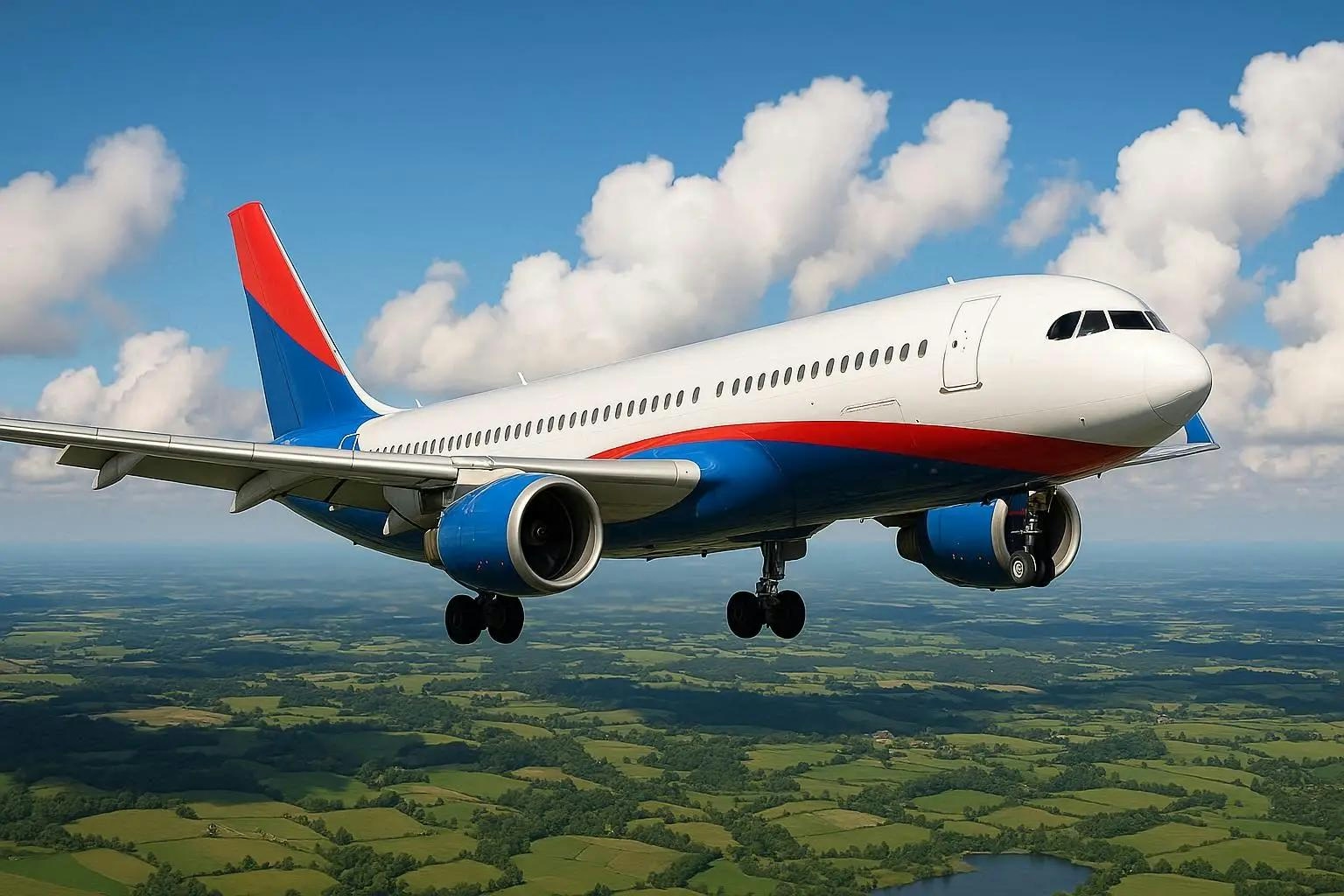
Three Decades of Global Tourism Influenced by the Boeing 777

Managing Technical Risk to Improve Returns for Aircraft Lessors
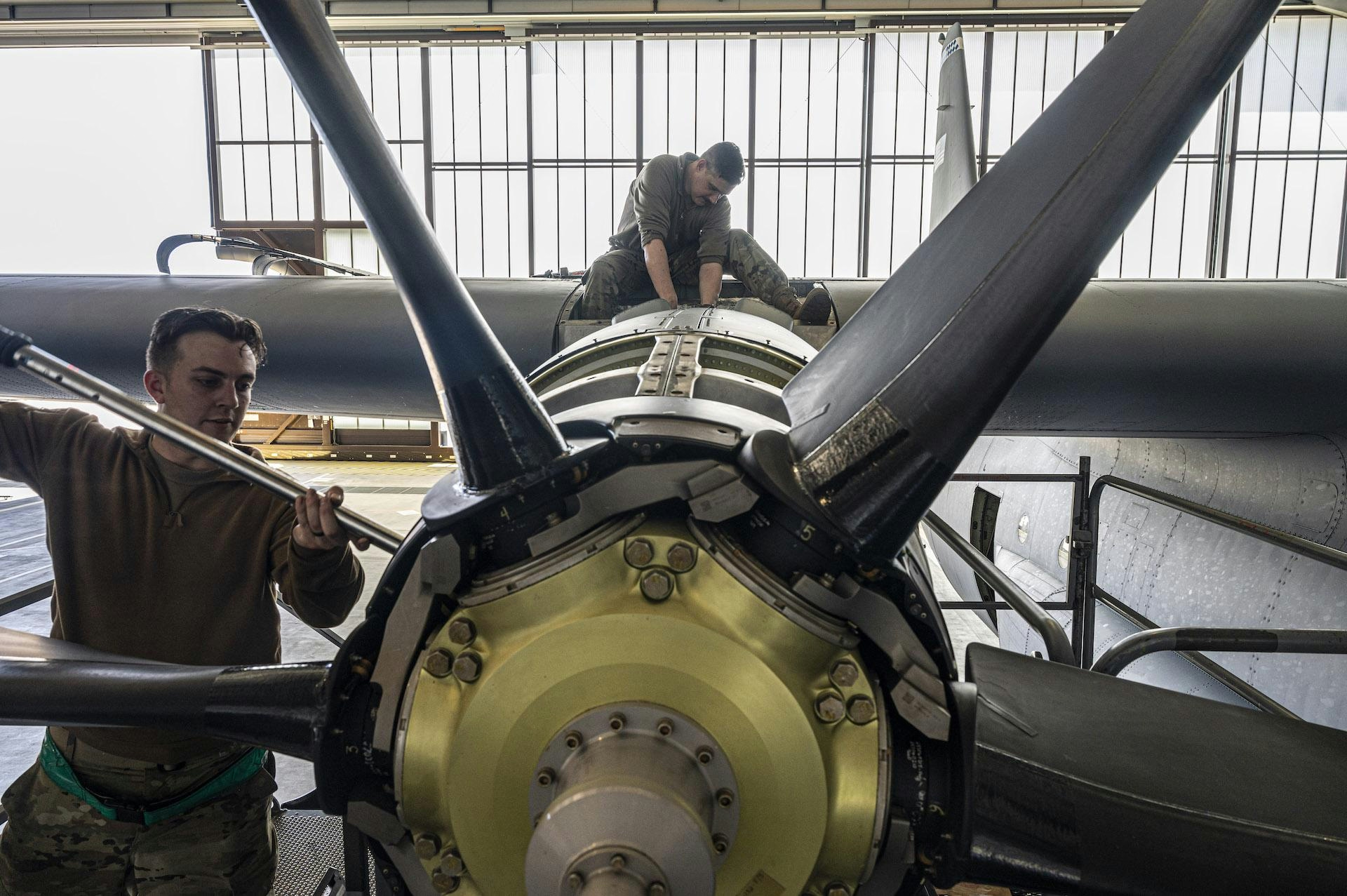
AI Advances Predict Aircraft Engine Failures
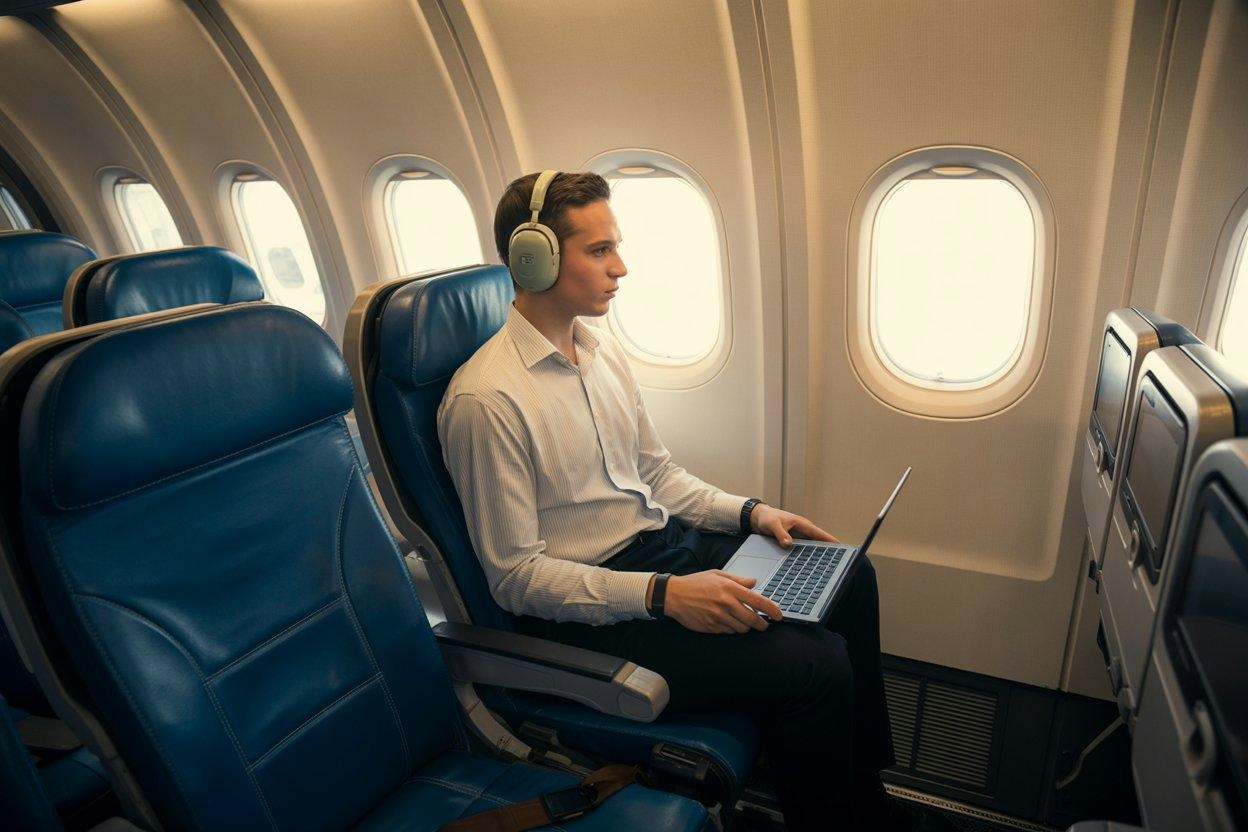
How AI and Global Connectivity Are Shaping Air Travel in 2026
